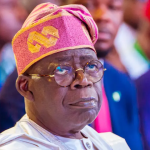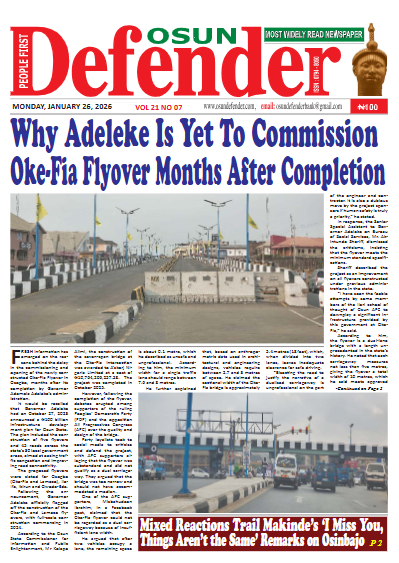THE insecurity challenge Nigeria faces today as a result of failure of the government has not been witnessed since the end of the Civil War in 1970. We did not arrive here overnight, neither had there been scarcity of warnings about a collective flight to damnation, with the ruling elites as the pilots. Our journey to the edge of the abyss began, along with other mis-steps, with the self-centred misadventure of the civilian political class after Independence leading to equally self-serving military interventions and eventually into civil war.
Unfortunately, the military brass never meant well for anybody other than themselves, not even for the military as an institution; their long stay (28 years of 61 years of independence) is the foundation of the wreckage of Nigeria.
The longest ever sustained stay of elected government in charge is 1999 till date (22 uninterrupted years). However, the damages done by the military big boys (rtd) and their grip over the system is such that they still call the shot till date.
Examples are crystal clear: President and Senate President in the 1999-2007 periods and the incumbent President from 2015. In their days in direct charge, they nurtured a civilian collaboration constituency that they had always bequeathed the reign to whenever forced to “step aside.”
That band of civilian collaborators with military government had imbibed authoritarian dispositions to such an extent that democracy is just a facade for carrying on (and being the direct beneficiaries) of the Nigerian lie – an authoritarian rule masquerading as democracy (demonstration of craze); a unitary system and command chain masquerading as federation; corruption-riddled elite system of privileges masquerading as a republic.
Hung on a mono-economic oil rental system hostile to other forms of productivity, a lack of interest and even hostility to education, modernity, science and technology, and the sustenance of the best of our traditional values, the collapse of industry and the economy was a matter of time, along with mass poverty and illiteracy.
Just under former “military President” General Ibrahim Badamosi Babangida alone (1985-1993), we witnessed the institutionalisation of naked corruption; the sowing of the seed of terrorism (bombing of ace investigative journalist, Dele Giwa); the suffocation of voices of conscience, the media and popular organisations; the destruction of Institutions, especially the Police and Secret Service; bastardisation of law and the judiciary; the destruction of the economy (Structural Adjustment Programme SAP, and submission to IMF); and the venal truncation of the will of the people in a political rigmarole leading to the annulment of the freest, fairest election ever in Nigeria.
The infamously ruthless Sani Abacha years followed until popular resistance and the Grace of God rescued Nigeria from the brinks. The last 22 years of unbroken civilian rule presented the opportunity for total overhaul of a system that held Nigeria down as a mere potential Giant of Africa. Sadly however, the retired military brass and their civilian collaborators that constituted the main chunk of the political elite have so much power (ways and means) that the truly democratic elites among them are always smothered and relegated to the background.
As such, democracy, federalism in a republic, diversification of the economy, promotion of functional education, development of infrastructure, even simplistic domestic refining of God-given crude oil – all remain anathema to the main elites across board; only the control of the sharing and looting of the oil rent proceeds matters!
The consequences of the ensuing poverty, joblessness, misery, illiteracy and the selfish exploitation of the religious and ethnic fault lines of the country,in the midst of plenty, are what we are witnessing today – a vast canvass of disorder. Historically then, how can we expect a way out of it provided by the very architects of the trials and tribulations, except a mere temporary reprieve and a continuation of the status quo?
In our history, the people and their popular organisations, are the ones that always rise up to the occasion, along with the relegated but well-meaning, patriotic elites; buoyed by the progressive media. That was how it was in the Babangida and Abacha years until return to democracy.
Indeed, democracy has brought the illusion of “government of the people, by the people and for the people” and took away the people’s vigilance, dulled the alertness and workings of the popular organisations, and left wide latitude for unabated bad governance.
If there will be a way out for Nigeria to reinvent itself, forge unity and achieve greatness for its people and all Africa, there is nowhere else to look, not the least at the authors of the problems, but to the people and their popular and grassroots organisations that need to wake up, come together, and hasten to the rescue.










